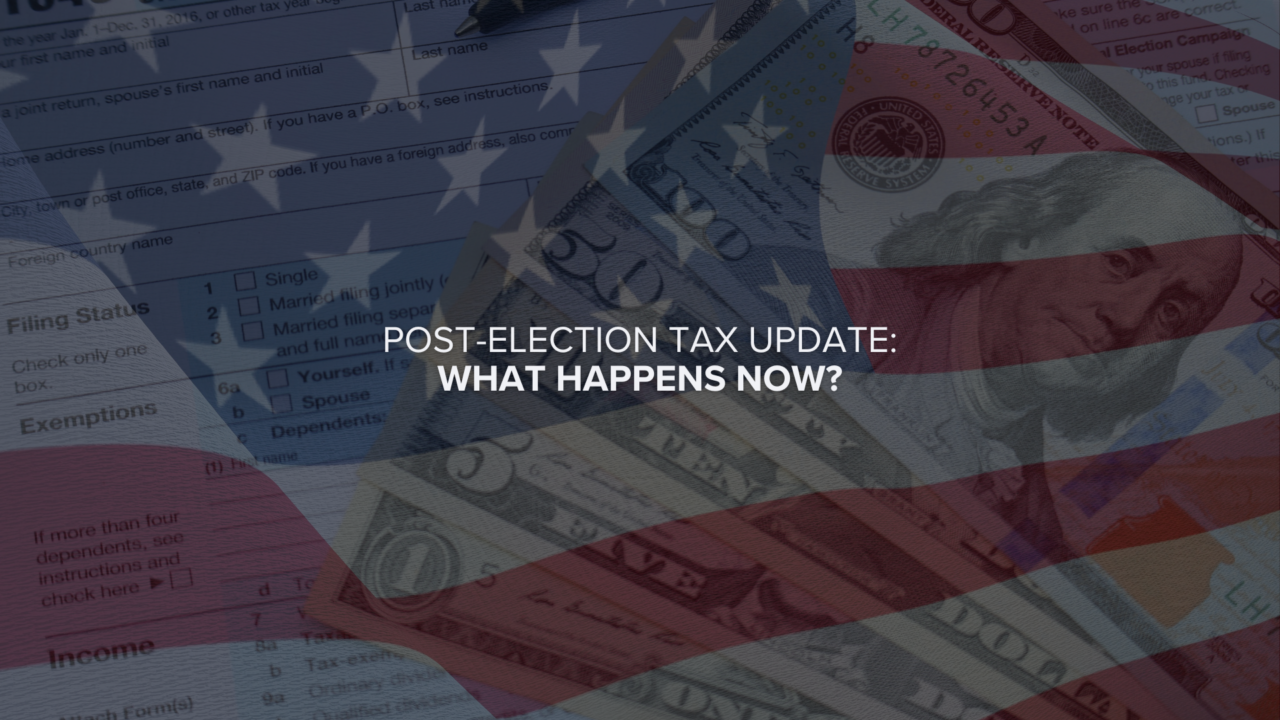With Republican Donald Trump’s recent victory in the 2024 U.S. Presidential Election, significant changes to U.S. tax policy could be on the horizon. As the 47th President of the United States, Trump’s return to the White House signals a possible continuation and expansion of tax reforms initiated during his first term, notably the Tax Cuts and Jobs Act of 2017 (TCJA).
Potential Tax Reforms Under Trump Administration:
- Tax Cuts and Jobs Act (TCJA) Extension:
- Trump aims to make the TCJA permanent, which includes maintaining the lowered corporate and individual tax rates, and enhancements to credits and deductions, although Senate budgetary rules could present challenges.
- Tariffs:
- Proposed high tariffs on imports, focusing on protecting American manufacturers and possibly using tariff revenue to fund social programs. Suggestions include tariffs up to 300% on certain goods.
- Individual Taxation:
- Plans to maintain current tax brackets, eliminate taxes on tips and overtime income, and remove taxes on Social Security benefits. Each of these proposals could result in reduced federal revenue.
- Corporate Taxation:
- Possible reduction of the corporate tax rate to as low as 15%, particularly to attract foreign-based corporations to the U.S.
- Estate Tax:
- Continuation of the increased exclusion amount under TCJA, with no specific proposals for elimination.
- International Taxation and Tariffs:
- A focus on tariffs, potentially reducing taxes on American individuals and businesses while maintaining competitive edge for U.S. businesses.
- Inflation Reduction Act and IRS Funding:
- Trump and the GOP may challenge green energy incentives and increased IRS funding from the Inflation Reduction Act of 2022.
Outlook and Legislative Challenges:
The final impact of these proposed changes will largely depend on the composition of Congress. The GOP controls the Senate, but the House’s status remains uncertain. With these dynamics, the speed and extent of tax policy changes might vary. Stakeholders should monitor ongoing developments and prepare for potential legislative shifts impacting personal and corporate taxation.
What Does This Mean for Me and My Business?
For expert guidance on tax planning, always consult with a Tax Professional. Set up a meeting with us to discuss the implications of upcoming tax policy changes for your unique financial situation.
And, for more detailed information, refer to CCH Tax Briefings, 2024 POST-ELECTION TAX POLICY UPDATE.




